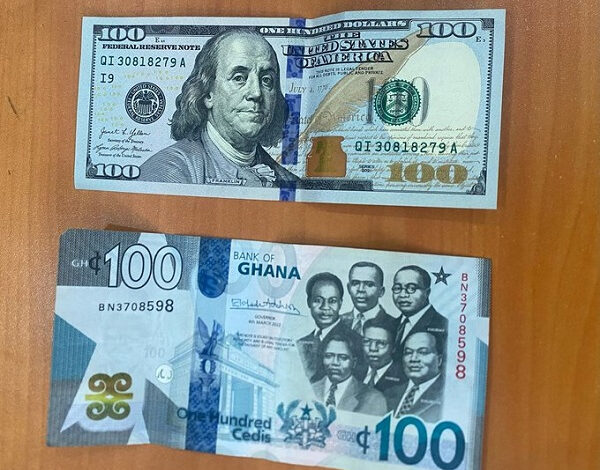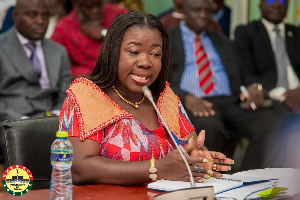Why the Ghanaian Cedi Might Struggle Against the Dollar on August 5th

As August 5th approaches, concerns are mounting among economic analysts and ordinary Ghanaians about the potential for the Ghana Cedi (GHS) to further lose ground against the US Dollar (USD). While pinpointing an exact date for currency depreciation can be challenging, several underlying factors often contribute to the cedi’s vulnerability, and these could converge to exert pressure around this period.
Here’s a look at some of the key reasons why the cedi might struggle:
1. Persistent Trade Imbalances and Import Dependency:
Ghana remains a heavily import-dependent economy. This means that a significant amount of foreign exchange, primarily US dollars, is consistently needed to pay for essential goods such as fuel, machinery, and foodstuffs. If import volumes remain high while export earnings (from commodities like gold, cocoa, and oil) don’t keep pace, the demand for dollars outstrips supply, inevitably weakening the cedi. Any data release around August 5th indicating a widening trade deficit could trigger a depreciation.
2. High Inflation and Fiscal Pressures:
Ghana has grappled with high inflation rates, which erode the purchasing power of the cedi. High inflation often stems from excessive government spending and broad fiscal deficits. When the government spends more than it earns, it often resorts to borrowing, which can put pressure on the currency. If there are indications of continued fiscal indiscipline or an upward trend in inflation data released around this time, investor confidence could wane, leading to a cedi depreciation.
3. External Debt Servicing and Low Foreign Exchange Reserves: Ghana carries a significant external debt burden. Servicing these debts requires a constant outflow of foreign currency, particularly dollars. If the nation’s foreign exchange reserves are not robust enough to comfortably cover these obligations and essential imports, the cedi becomes more susceptible to depreciation. Any news suggesting a strain on reserves or upcoming large debt payments could heighten concerns.
4. Global Economic Conditions and Investor Sentiment:The strength of the US dollar on the international market plays a crucial role. If the dollar strengthens globally due to factors like rising US interest rates or a flight to safety by investors, it naturally puts pressure on emerging market currencies like the cedi.
Furthermore, general investor sentiment towards emerging markets, and specifically Ghana, can influence foreign direct investment and portfolio inflows. Negative sentiment can lead to capital outflows, further weakening the cedi.
5. Speculative Activities:
In periods of perceived economic uncertainty, speculative activities in the foreign exchange market can exacerbate currency depreciation. Traders and investors might anticipate a weaker cedi and front-load dollar purchases, creating a self-fulfilling prophecy. While not a fundamental cause, speculation can amplify existing pressures.
What to Watch For Around August 5th:
Market participants will be closely monitoring:
a. Trade Balance Data: Any reports on Ghana’s trade deficit for July or early August.
b. Inflation Figures: The release of consumer price index (CPI) data for July.
c. Bank of Ghana Policy Announcements: Any statements or actions from the central bank regarding monetary policy or interventions in the forex market.
d. Global Commodity Prices: Fluctuations in the prices of gold, cocoa, and oil, which are crucial for Ghana’s export earnings.
While the exact trajectory of the cedi is subject to various unpredictable factors, the confluence of these fundamental economic challenges suggests that August 5th could be a period of renewed pressure on the Ghanaian currency against the US dollar.
Businesses and individuals should monitor these indicators closely to navigate potential impacts.





